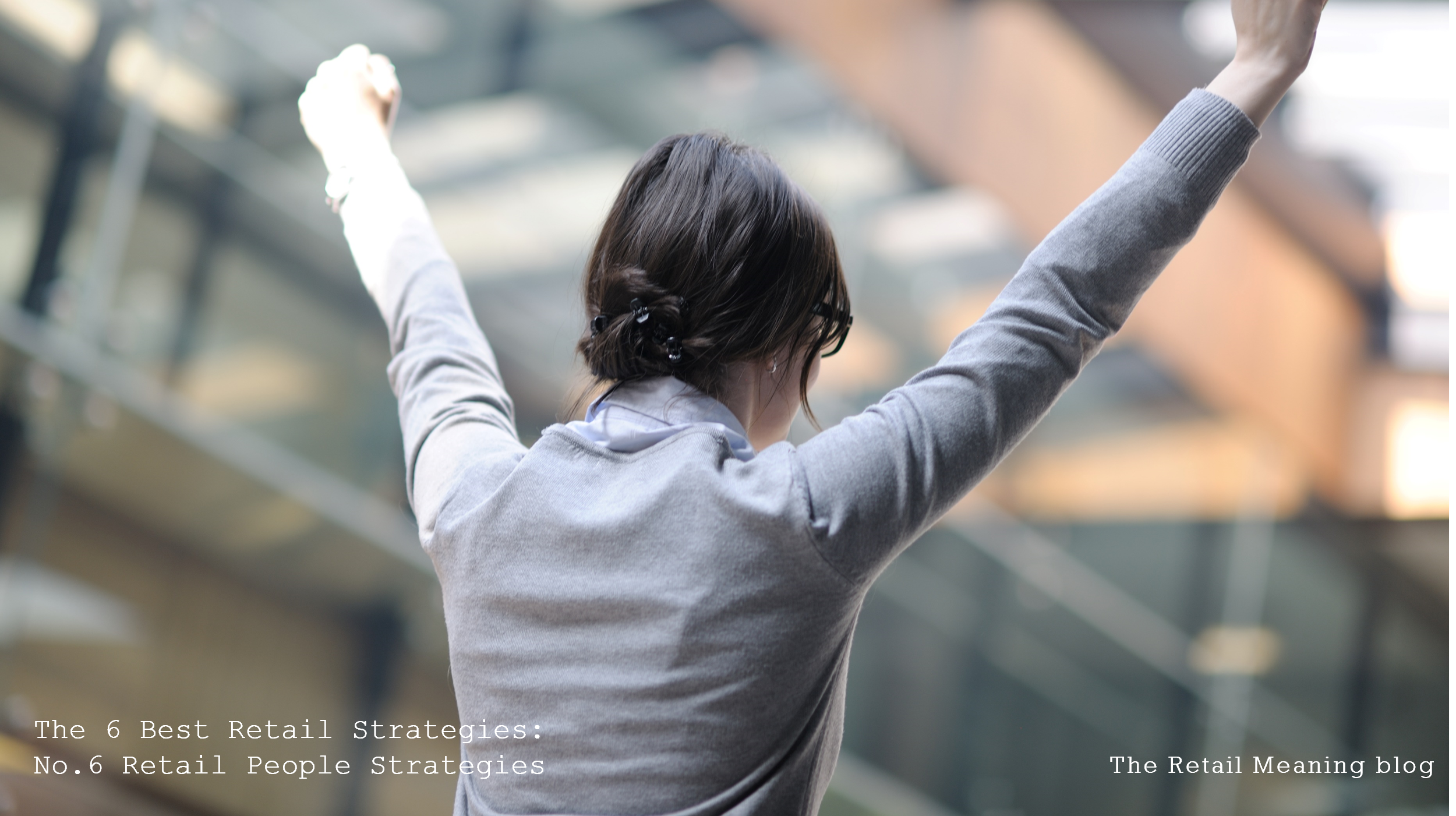People: The shopkeepers of today
Select any retail business, and you are most likely to discover a culture of colleague collaboration, trust and respect. However, retail has a chequered history of human resource management and interpersonal approaches, to say the least. Even in the best run businesses today there is still plenty of scope for further innovation and disruption to the traditional personnel models.
Overall, there is a growing appreciation of colleagues at every level of organisations, being driven by the new wave of retailers who have a different outlook on how to manage their employees, to nurture loyalty and productivity. And from the evolution of many HR departments who are now introducing different cultures into the traditional retail sector.
An appreciation of the shop floor employee
Regarding shop personnel there is also a new awareness of the importance of human interactions with the customer. The outpouring of warmth towards ‘key workers’ and those essential to the fabric of society during the COVID crisis, has been echoed to various degrees by retail boards, and their reaction towards their own ‘key-workers.’ Those colleagues who kept shops open and stocked in the most difficult of circumstances, and those who kept the brand light shining, even in the most desperate of corporate environments.
For some retailers, the current bar for shop colleague management is set very low, the practices a product of years of personnel neglect and cost-cutting. This does mean, however, that significant gains can be made just from firstly re-establishing good levels of communication with teams and individuals. The setting up of feedback sessions, team building workshops and individual mentoring can go along way to achieving normal relations.
The evolution of the HR function
A good HR team, of which there are many, strives to know and understand their colleagues through personal interaction. It is the restrictions to their own resourcing and time availability, that usually limits the level of understanding and empathy.
In head office and in shops, career paths should be the result of consultation and not just internal hierarchies, retirements, and maternity leaves. Good people are adaptable and respond to new responsibilities. Good people bring ideas and enthusiasm to new positions of trust. But good people need to be discovered, through being asked about their ambitions, passions and innovative ideas for themselves and the business.
Evolve a culture of treating employees as people, as individuals, as human beings, rather than numbers, positions & costs
The new role of governance
Beyond the role of HR , the balance and equality within the organisational structure are key to instilling a successful ‘people culture.’ It is important that every function and team, at every level, are valued as part of the wider corporate approach. What is believed and demonstrated at the top table, for better or worse, usually sets the standards further down the business. The board must be enlightened as to the importance of diversity within the employees of a business.
The improved engagement and mutual appreciation is of course a two-way process. But it is rarely the case that a genuine and considered investment in people is not returned with a positive impact on productivity and profit. It is rare for colleague focused initiatives, at individual and team levels, not to contribute to a happier working environment. This is always a good place to start for efficiency and productivity.
The enrichment of shop people
The combination of people and technology is a powerful one. In the correct environments the two can work perfectly together, even in the most physical of places, the shop.
For example, personalised apps, as much as ‘in situ’ physical managers can train store personnel in service skills, educate them in product, manage and encourage them in their everyday routines. As an extension of the app, the curious relationship of trust and affection seen between people and their Alexa’s or Google’s, is not so difficult to replicate in the form of a digital support tool for shop workers. Daily roles and regimes, schedules, business news, product information, customer requests and team community apps are all rich content interfaces that can help with the daily shopfloor tasks and the job of converting customers into sales.
Technologies are taking the strain, whilst the structures of physical shop teams are changing with more responsibility and reward to customer facing personnel, and less positions for additional layers of management. The pattern of higher wages for empowered ’sales assistants’ and the decreasing increment to shop manager pay, is a testament to the trend of investing in those directly in contact with the customer.
The KPIs that are used to reward personnel across the business are also being reviewed in the aftermath of COVID. The retail brand is a reflection of the people that work for it. Brands with good people have done well from the new reliance of the customer on ‘essential people.’
The inadvertent advocates
Shop colleagues can shine in many ways. Not only functionally but emotionally. Their personalities, and their social media lifestyles, are potentially an important asset to a business. They are ‘inadvertent advocates,’ and future considerations when deciding on pay levels, could well depend on social popularity, good works, charitable involvement, community services as much as capability and commercial experience.
Shop teams in general will continue to demand respect and attract a wider appreciation of their value based on their community engagement and individual relationships.
Footfall and loyalty will be built more than ever on their familiarity, understanding and empathy with local customers. Individual customers will seek out individual shop managers and individual colleagues.
The personal destination retailer will be built on retail destination personalities
